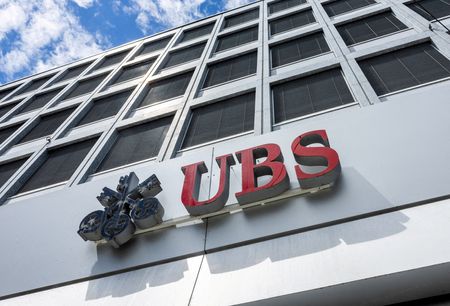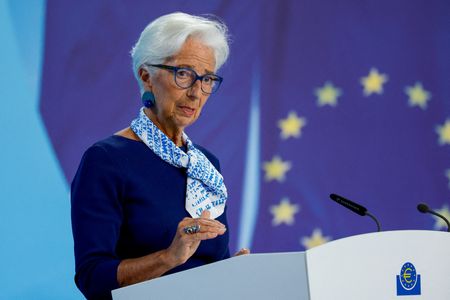FRANKFURT (Reuters) -The European Commission is going too far in easing securitisation rules for banks, particularly for more complex and potentially riskier transactions, European Central Bank supervisor Pedro Machado said on Tuesday.
Securitisations, whereby a bank packages loans to companies or households and sells them to investors as securities, were at the heart of the global financial crisis of 2007-08. Europe has yet to fully recover from that crash.
The European Commission proposed streamlining the rules governing securitisation in June to try to release capital for lending and help Europe compete financially with the United States.
‘INHERENT RISKS’ FROM SECURITISATION
But the ECB, which supervises the euro zone’s largest banks, says some of the proposed changes are raising risks.
“We must remember that the practice of securitisation entails inherent risks to financial stability, such as agency and model risks, which are more difficult to capture in more complex securitisation structures,” Machado, a member of the ECB’s Supervisory Board, said at a financial event.
He said there was “no intrinsic link between securitisation and additional lending”. He also said that, although the securitisation market is smaller in Europe than in the United States, that did not capture the rapid growth of synthetic securitisations in the EU.
These are essentially a guarantee sold on several tranches of a loan portfolio in return for a fee. As securitised loans remain on the balance sheet of the bank, these transactions do not provide any fresh funding.
The Commission’s proposed changes include investors no longer needing to double-check from their side if the bank issuing the security fulfilled all the necessary requirements.
Due diligence would also be more proportionate to the level of risk.
There would also be less paperwork, fewer details required to be disclosed and a lighter transparency regime for private deals compared to transactions with public entities.
Machado warned against inviting “complex securitisations and opaque structures” and said the new rules should support “simpler, more standardised and more resilient transactions”.
(Reporting by Francesco CanepaEditing by Mark Potter)











